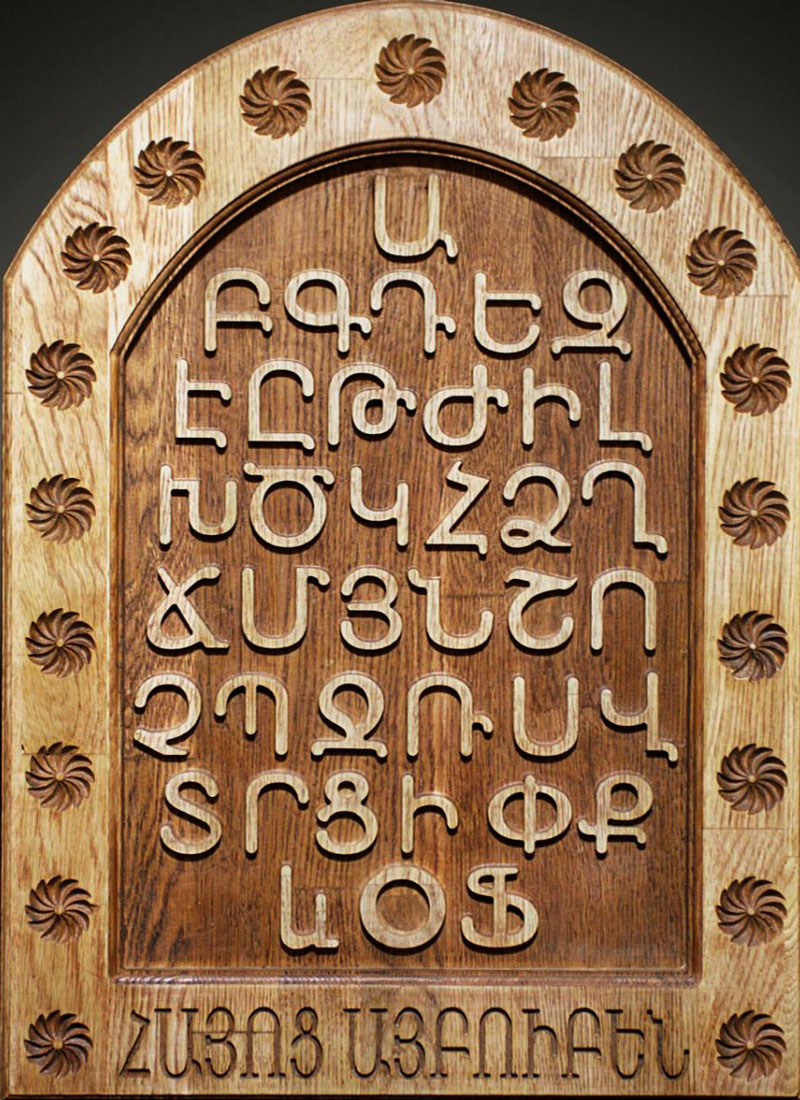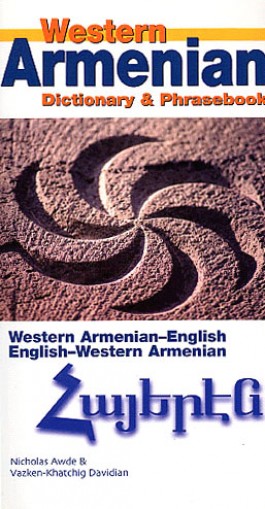Russian (1917-1918) and Armenian (1922) Orthographic Reforms. Assessing the Russian Influence on Modern Armenian Language
Por um escritor misterioso
Descrição
The Russian Orthographic Reform (1917-1918), which initiated the Armenian one (1922-1924, modified in 1940) has undoubtedly played a central role in the development of Modern Armenian. To support this thesis, the essay retraces the fundamental phases of the reform, focusing on the two decades from the early 1920s to 1940, i.e., the year when the second orthography reform was promulgated. The Armenian case is undoubtedly a very peculiar one amongst the constellation of the linguistic reforms decreed in the Soviet countries outside Russia. In fact, Armenian avoided both Cyrillisation and Latinisation. Nonetheless, the effects of the 1922 orthography reform are still perceived as a heavy burden today. Ultimately, this essay aims at demonstrating that this issue should also be a concern for Russian Studies.

DOC) The origin of the Armenian Alphabet

1914 Armenian reforms - Wikiwand
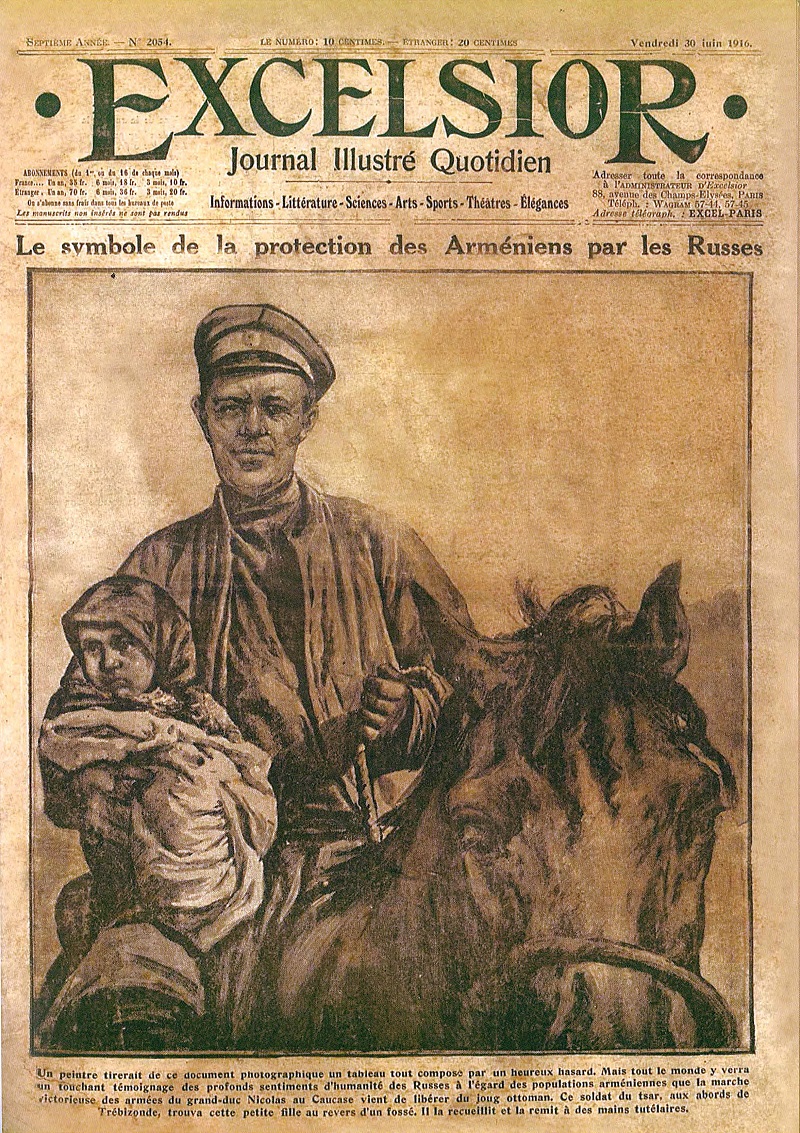
Russia's Humanitarian Response to the Armenian Genocide
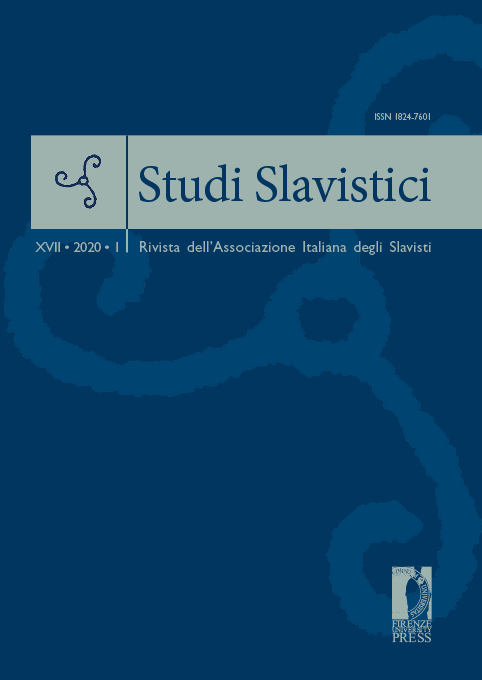
Myth and 'New Russian Realism'. Alisa Ganieva's Rewriting of the Caucasian Tradition in Prazdničnaja Gora
Russian (1917-1918) and Armenian (1922) Orthographic Reforms. Assessing the Russian Influence on Modern Armenian Language - Document - Gale Academic OneFile

Armenian Genocide Resource Center: July 2007

DOC) The origin of the Armenian Alphabet

Russian Empire - Wikiwand
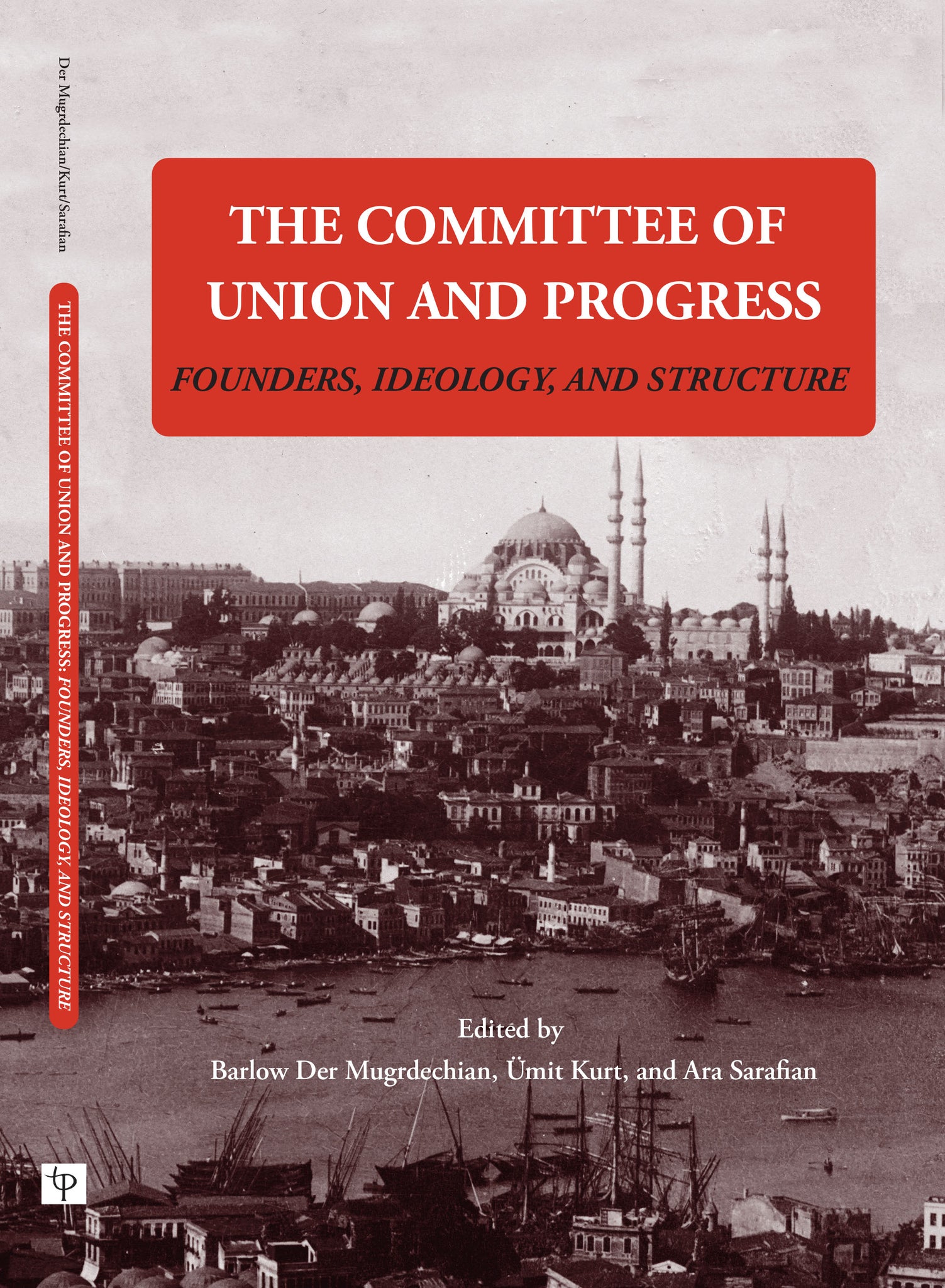
Committee of Union and Progress, The: Founders, Ideology, and Structur – NAASR

PDF) 'He Wasn't Able to Understand What I Was Saying': The Experiences of Returnees' Speaking Western Armenian in 'Eastern' Armenia

Ե - Wikipedia

All Publications Slavica Publishers
de
por adulto (o preço varia de acordo com o tamanho do grupo)
